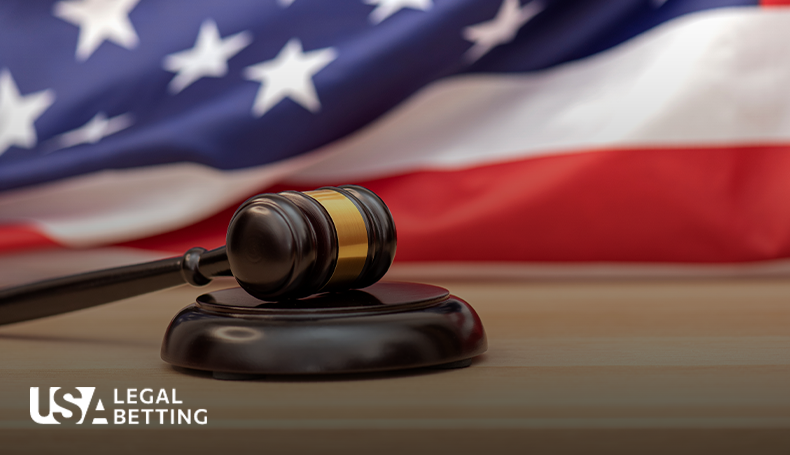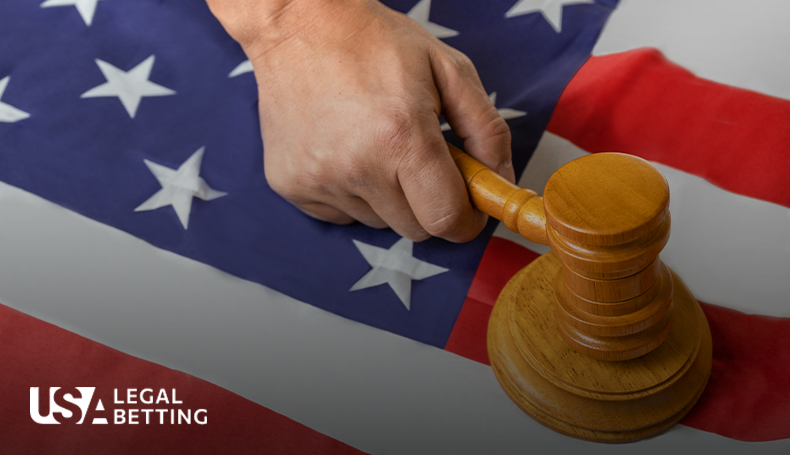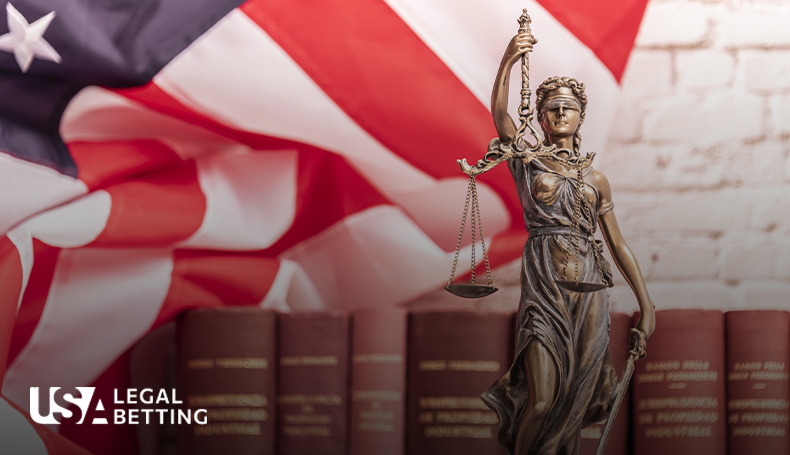Tonko announced his plan alongside three advisers from Northeastern University, one of whom was Richard Daynard, the man who developed the strategy used to take on Big Tobacco and ultimately end up reaching a $206 billion settlement.
Daynard said late last year that he saw “uncanny” similarities in the way sports betting companies and tobacco marketed their products before the massive change in regulations. The Public Health Advocacy Institute, of which he served as president, filed a class-action lawsuit against DraftKings in Massachusetts shortly thereafter, claiming the company used “unfair and deceptive” marketing practices.
“We’re not talking about an activity. We’re not talking about gambling. This is not an attack on gambling,” said Daynard. “Whatever one thinks about gambling as it was known five years ago before the gates opened to online sports betting, this is a different product.”
Tonko agrees that legal sports betting sites use predatory means to bring customers to their sites. That includes the use of celebrities, complex promotions, and much more.
“Just as in the tobacco industry when it was determined that that industry was posing a public health situation, we have now displaced Joe Camel with celebrity spokespeople and, yes, free product,” Tonko said.
The SAFE Bet Act proposes the following changes, among others:
- No sportsbook advertising during live sports.
- Eliminate “bonus” and “no-sweat” bet language.
- Ban credit card deposits.
- Limit customers to five daily deposits.
- Outlaw the use of artificial intelligence to track customers’ gambling habits.
Also present during Tonko’s announcement were Mark Gottlieb, executive director of the Public Health Advocacy Institute, and Harry Levant, a policy director at the institute and gambling therapist for Ethos Treatment.

















